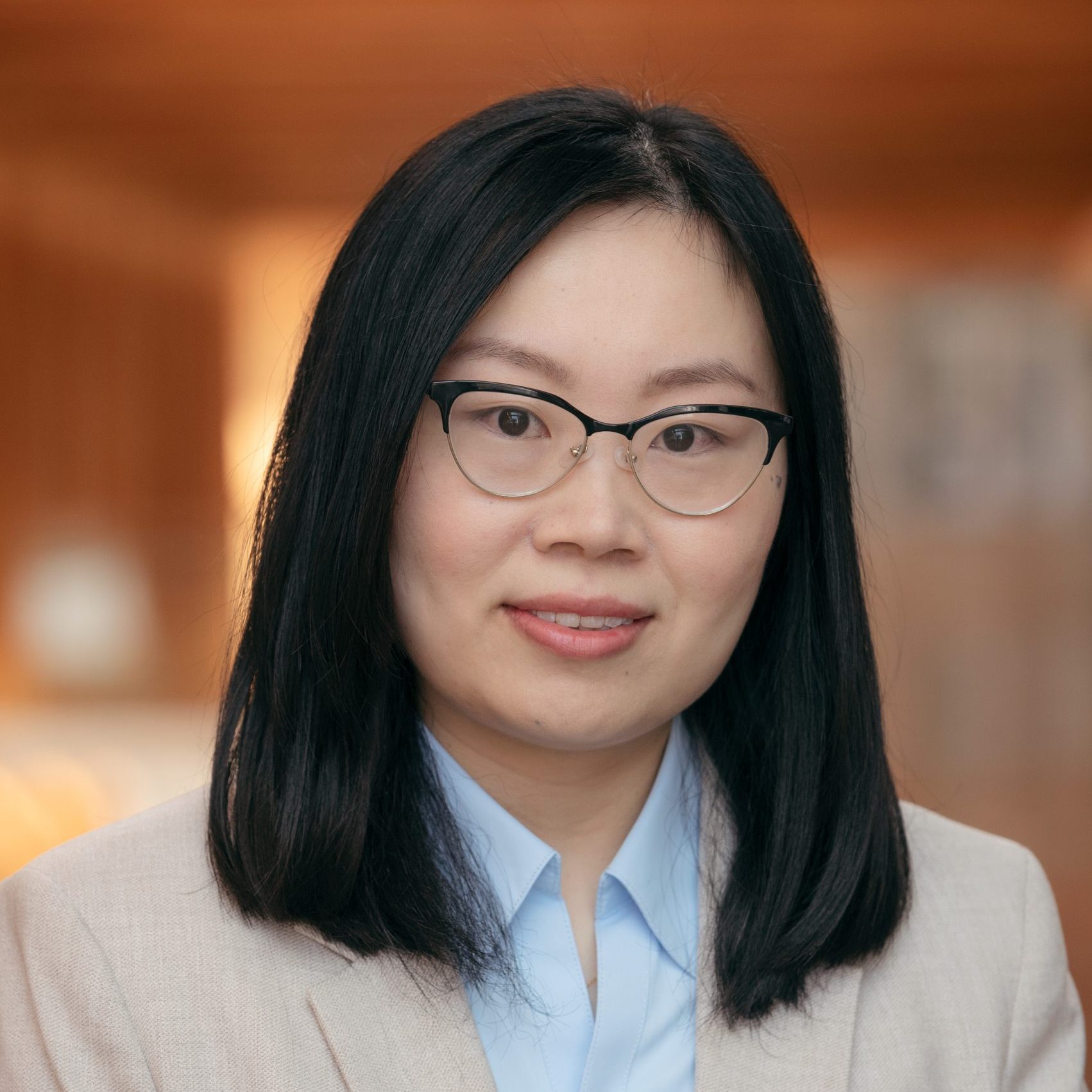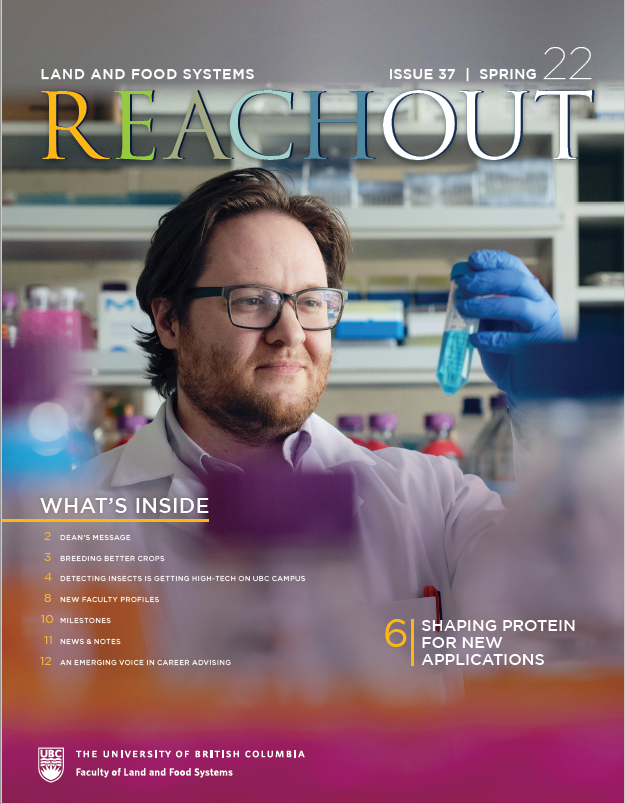New Faculty Profile: Tianxi Yang

Tianxi Yang joined the Faculty’s Food, Nutrition and Health program in February 2022 as an Assistant Professor. She is a food and analytical scientist with a unique combination of research experience that spans academic, industry and government.
Yang received her PhD at the University of Massachusetts Amherst and conducted her postdoctoral research in BASF’s North American Center for Research on Advanced Materials. Prior to joining the faculty, she was an Oak Ridge Institute for Science and Education (ORISE) Research Fellow at the Center for Food Safety and Applied Nutrition at the U.S. Food and Drug Administration.
Her multidisciplinary training in food science, analytical chemistry, material science and nanotechnology will enable her to build an innovative research program, with a focus on developing analytical technologies and advanced materials to improve the safety and sustainability of our agri-food systems. She aims to apply cutting-edge research to address current and emerging challenges in sustainable food production and the food industry.
Yang breaks her projects down into three research themes.
First is to develop accessible, easy-to-use tools for food safety monitoring to achieve rapid, accurate, and on-site analysis of chemical and biological food contamination like pesticides, mycotoxins and food-borne pathogens.
“In food safety evaluations, traditional methods are usually time-consuming so you cannot apply them in the field. Right now, I’m trying to develop point-of-care tools such as smartphone-based analytical tools that consumers or manufacturers can use.”
The second research theme is developing smart agrochemicals that provide targeted and precise delivery to crops to improve crop yields and minimize environmental impact.
“Currently, the agrochemical delivery rate on to plants or crops is not very efficient. Most of the agrochemicals are lost either into the soil or into water systems,” explains Yang. “I’m interested in designing a specific nano-enabled agrochemical that delivers to desired locations in plants, such as the roots, leaves or shoots.”
Yang is also trying to develop stimuli-responsive nanomaterials – agrochemicals that would respond to environmental stressors, like drought, extreme temperature or disease, and release on-demand.
The third theme is developing multifunctional and sustainable food packaging to improve food safety quality, and reduce food waste.
“I’m striving to replace conventional plastics by creating low-cost bio-plastics as the new generation of food packaging materials,” Yang says. “This is a very popular topic right now because, as you know, Vancouver has banned plastic-use. The bio-plastic packaging can be functionalized with sensing elements, such as nanosensors, to monitor food safety, or quality indicators that eliminate the need to open packaging.”
Yang explains that it is also important to evaluate the safety of packaging materials and minimize dietary exposure to toxic substances from food packaging.
Yang’s research in food safety, sustainability and resiliency means that there is great potential for collaborations with fellow researchers: “It’s exciting to be working at LFS because the faculty has a lot of experts in food science, sustainable agriculture, as well as applied biology. My research has good alignment with these professors so I’m quite excited to be part of this group.”
Tagged with: 2022, Faculty, Food Nutrition and Health
